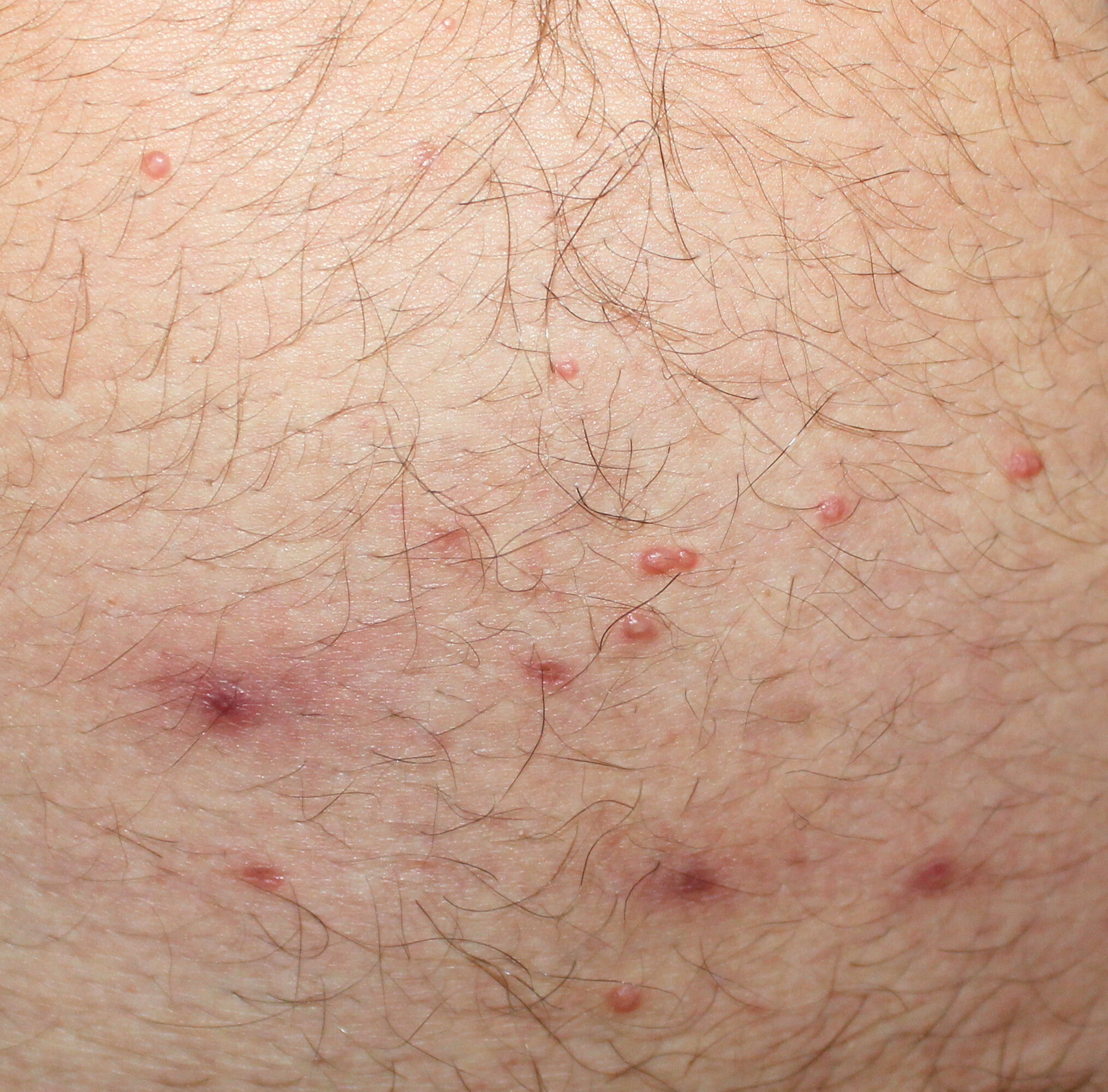What Is Molluscum Contagiosum?
You may not have heard of molluscum contagiosum by name. However, if you’ve ever noticed small pink or flesh-colored bumps spreading on your child’s skin, you may be more familiar with it than you even knew.
Molluscum contagiosum is the medical term for a common virus that most commonly infects children, teens, and people with weakened immune systems. It’s a completely different virus from HPV, which causes the common wart.
Although not harmful to your health, molluscum is often a nuisance because it can be itchy, uncomfortable, and spread easily. It can also get inflamed and infected. Luckily, many people have immunity to molluscum, so if they’re exposed, there’s no problem. Molluscum may also go away on its own, although this may take weeks, months, or even years.
Prevent Spreading
Here are some tips to help prevent molluscum from spreading:
Keep affected areas clean and covered with clothing or a bandage so others don’t touch the bumps and get infected.
Before playing sports, cover up growths with clothing or watertight bandages.
Do not share towels, clothing, or personal items.
Kids with molluscum shouldn’t share baths with their siblings and should avoid pools, as the virus spreads easily in water, even when it’s chlorinated!
Do not shave or have electrolysis where you have bumps as this will spread them.
If you have bumps in the genital area, avoid sexual activity until you are seen by a physician.
Find more on swimming pools and molluscum from the CDC.
Treatment Choices
It’s okay not to treat molluscum. However, if the bumps are spreading, seek out a board-certified dermatologist to discuss your options. Your dermatologist may recommend freezing with liquid nitrogen, scraping them off, or applying irritating substances to them such as cantharidin, trichloroacetic acid, or podophyllin. The SSDP dermatologists can help decide which treatment is right for you or your child.




